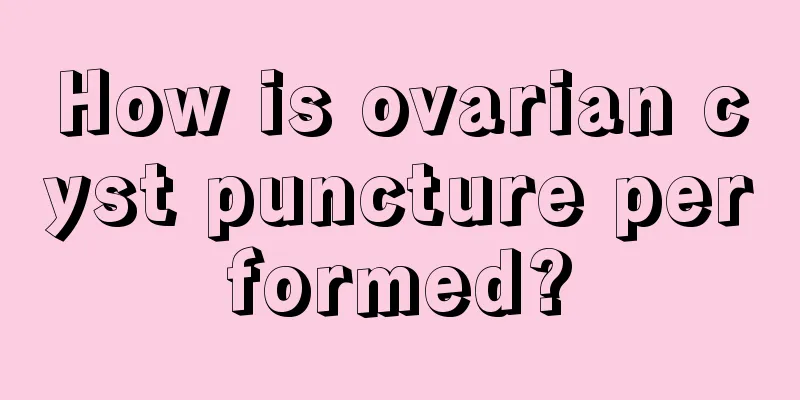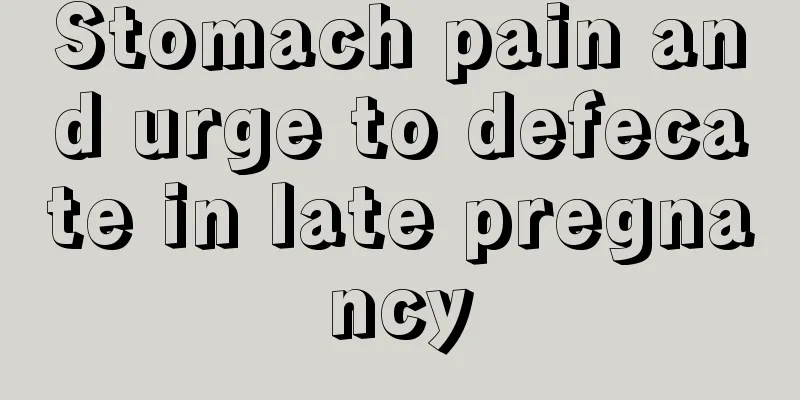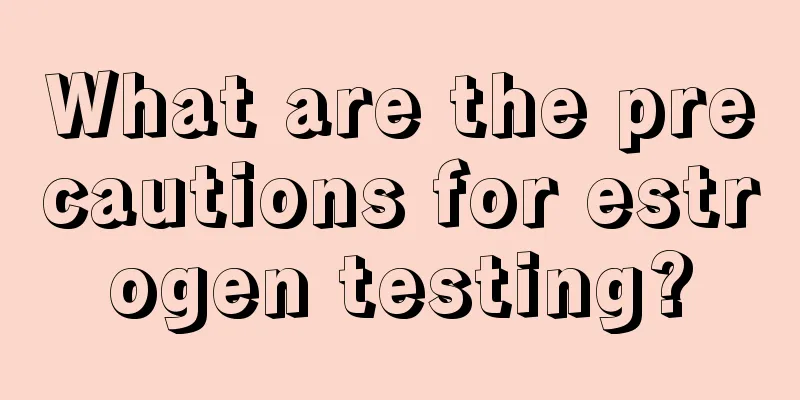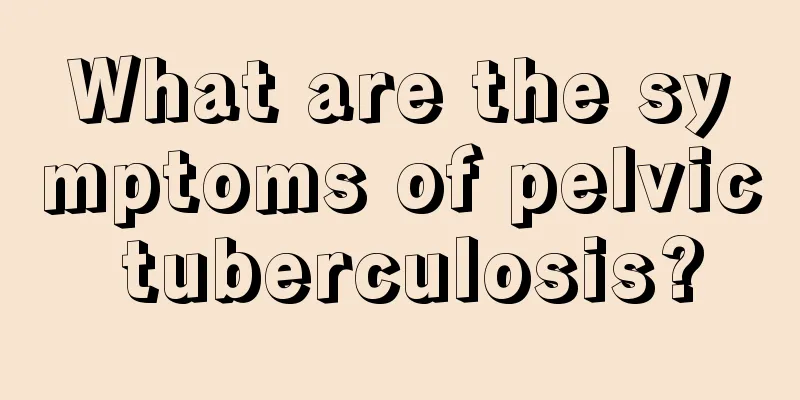How is ovarian cyst puncture performed?

|
Ovarian disease has always been one of the diseases that troubles many women, but with the development of society and the advancement of science and technology, there are more and more treatments for ovarian disease, and puncture surgery is one of them. 1. Ovarian cyst puncture under transvaginal ultrasound monitoring Ovarian cysts can be punctured under vaginal B-ultrasound or laparoscopic monitoring. Patients who undergo cyst puncture under transvaginal ultrasound monitoring do not need to be hospitalized, and there is less pain and low cost. The risks are primarily infection and pelvic adhesions. The cause of the infection is that the vaginal environment is bacterial. Therefore, patients must prepare their vagina and clean it thoroughly before surgery, usually starting 3 days before surgery. Pelvic adhesions do not occur often and are usually caused by infection, cystic fluid or injection into the pelvic cavity. Ovarian cyst puncture under transvaginal ultrasound monitoring is an ideal choice for patients with ovarian cysts before in vitro fertilization treatment because it causes less damage and less pelvic adhesions and is relatively safe. 2. Laparoscopic ovarian cyst puncture When puncturing a larger ovarian cyst under laparoscopy, the cystic fluid can be released first, exposing the entire pelvic cavity clearly, making it easier for doctors to evaluate the entire pelvic cavity pathology and making the diagnosis more accurate. If only puncture is performed, the recurrence rate is high, and the recurrence rate can reach 88% in 6 months. Drugs can also be injected into the cyst cavity. A study observed that the cyst volume was reduced by 50% after injection of GnRH agonists into the cyst cavity and repeated surgery 12 months later. Almost all patients who undergo cyst puncture will have recurrence and eventually require cystectomy. Initially, when laparoscopic technology was not very mature, laparoscopic surgery only performed ovarian cyst puncture and drainage, or cyst wall electrocoagulation. Compared with open laparotomy for cystectomy, the patient's recurrence rate was high and the symptom relief effect was poor. With the development of laparoscopic technology, laparoscopic laser electrocoagulation of ovarian cyst wall, ovarian cyst removal, and pelvic adhesion lysis techniques have become very mature. However, clinical randomized controlled trials have confirmed that the effect of laparoscopic ovarian cyst removal is significantly better than cyst puncture or cyst wall electrocoagulation. Postoperative follow-up also confirmed that patients who underwent cystectomy had better relief of dysmenorrhea, pain during sexual intercourse, and chronic pelvic pain symptoms than those who underwent cyst puncture or cyst wall electrocoagulation, and their pregnancy rate was also higher. |
<<: How to treat iron deficiency anemia? Five steps
>>: This is what pelvic fluid puncture is all about
Recommend
The most common knee-damaging exercise for modern people is actually sitting!
Audit expert: Wang Linyu Deputy Chief Physician, ...
How to check the cervix dilation
To check how many fingers the cervix is dilated...
How to deal with lumps after milking
Lumps appear after expressing breast milk. This i...
Can pregnant women drink Sanjiu Ganmao Ling Granules?
Sanjiu Ganmao Ling is a very common cold granule ...
What should I do if I have lower abdominal pain after my period?
Menstruation is a normal physiological phenomenon...
Do you know the symptoms and treatment of gastroptosis?
I believe that many people are familiar with the ...
As long as you eat less or no high-purine foods such as seafood, you won’t suffer from gout attacks?
...
Can I drink mung bean soup when I have my period?
You can drink mung bean porridge during your mens...
Light bleeding after 10 days of menstruation
Generally speaking, women are not likely to have ...
It hurts so much! What should I do if a stone falls into the ureter?
1. What are ureteral stones? Ureteral stones are ...
What should we pay attention to when using deer placenta to replenish qi and nourish blood?
Now more and more of us no longer worry about bas...
When celebrating the festival, just have fun, not feel pain!
During festivals, people always have to enjoy a f...
What are the main symptoms of female endocrine disorders?
If a female friend has endocrine disorders, I bel...
What is uterine tenderness?
Nowadays, many women often suffer from various ba...
Why is it difficult to get pregnant with hypothyroidism?
Many married couples think that it is better to h...









